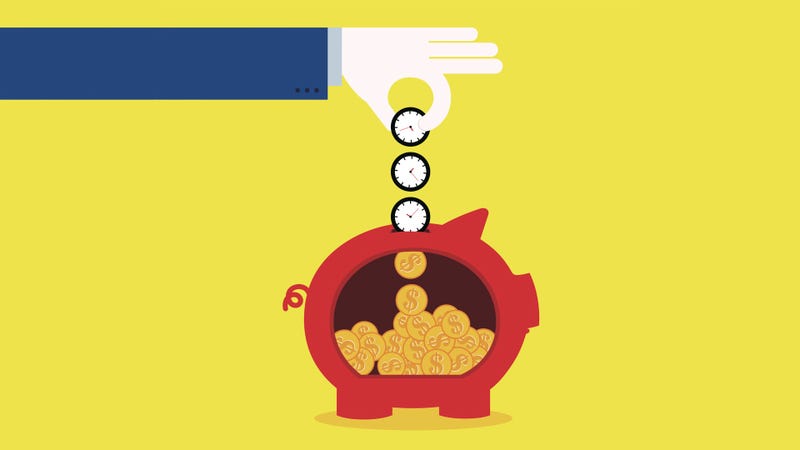台灣人友善嗎?
Inter Nations: Taiwan is the world's friendliest country
Taiwan News
Inter Nations, one of the world’s largest expat networks, surveyed more than 14,000 respondents from 67 countries and found that Taiwan is the friendliest country in the world.
The results of the survey reported earlier this month in an article on the InterNations website also found that countries in the Southern Hemisphere are generally perceived as friendlier and more open than those up north.
According to the report, Taiwan clinched the first place for the friendliest country and best expat destination in the world. Taiwan scored high on hospitality as some 90 percent of foreigners in Taiwan gave local residents high marks, compared to an average of 65 percent in the rest of the surveyed countries, the report said. The report also said that the polls revealed that more than one third of expats even considered staying in Taiwan forever.
Bringing up the rear is Kuwait, which fared poorly in categories like “ease of settling in,” “feeling welcome” and “finding friends,” according to InterNation’s data.
The report pointed out that attitudes toward expats tend to vary according to where the expats are from. “Americans, often labeled as the world’s most obnoxious tourists, aren’t always embraced everywhere they go. Meanwhile, Japanese people are frequently ranked as the world’s most polite and well-behaved tourists,” the report said.
Many netizens have agreed with what the report found. Michael Fritz, a California resident, said in response to the report, “Having lived and worked in Taiwan for 5 years (primarily in Taipei), I can attest to the fact that Taiwan absolutely deserves this #1 ranking. In addition to being friendly and hospitable, Taiwanese people are extremely well educated.”
Kingsley Ezukam said, “I live in Taiwan and it deserves it. A very wonderful place.”
“I lived in Taiwan and totally agree that they love Americans... I would return and live out my life were it not for preferring to be close to my grandchildren,” Bryn Bacy Robinson, a U.S. citizen, commented on the report.
窮人為何窮?
Why Are the Poor Still Poor? healthline.com
Talking to Linda Tirado you quickly get a sense of the chronic desperation that comes with a life of poverty.
But even with her 90-hour workweeks and always living on the edge, Tirado counts herself as one of the lucky ones among the millions of Americans living in poverty.
“I was actually doing really well. I had two jobs. My husband was working. I had a husband. I had a home. I was doing really well,” she said in an interview with Healthline.
But like the meager paychecks she picked up from her service industry jobs, the feeling of doing relatively well never extended very far.
“I’ve always been privileged and at the same time, I have never felt safe, I have never felt secure because every single day of my life was a constant [struggle to] stave off disaster,” she said.
Tirado has written a book about her experiences, “Hand to Mouth: Living in Bootstrap America.” Her circumstances have improved since her book was published, but her words still resonate with many people struggling to get by.
Her book grew out of a response that she wrote to a forum question titled “Why do poor people do things that seem so self-destructive?” But it might as well have been called “Why are the poor still poor?”
Poor Thinking
Neatly tucked into many discussions of poverty is a tacit belief that poor people are poor simply through their own actions — or inaction. This rises out of the long-held concept of the American dream.
There’s a “national value that we have, that there’s opportunity here and everybody can make of their life whatever they want, as long as they’re willing to work for it,” Elliot Berkman, Ph.D., an assistant professor of psychology at the University of Oregon, told Healthline.
This belief, though, is not backed by the research that’s been done on poverty.
“People have that belief, but empirically there’s not really great evidence for that,” said Berkman. “What really determines how much money you make is how much money your parents made.”
A recent study by the National Bureau of Economic Research found that parental income influenced not only children’s future income but also their likelihood of going to college and becoming pregnant as a teenager.
Another myth about poverty is that poor children aren’t equipped to do well in school.
“There are kids who are born in poverty who are plenty smart,” said Berkman, “but the experiences that they have and the strains that are placed on them from outside are quite stark.”
These experiences include poor nutrition, inadequate schools, parents working multiple jobs, and dangerous neighborhoods.













:max_bytes(150000):strip_icc()/GettyImages-457552032-595fac345f9b583f180957ee.jpg)